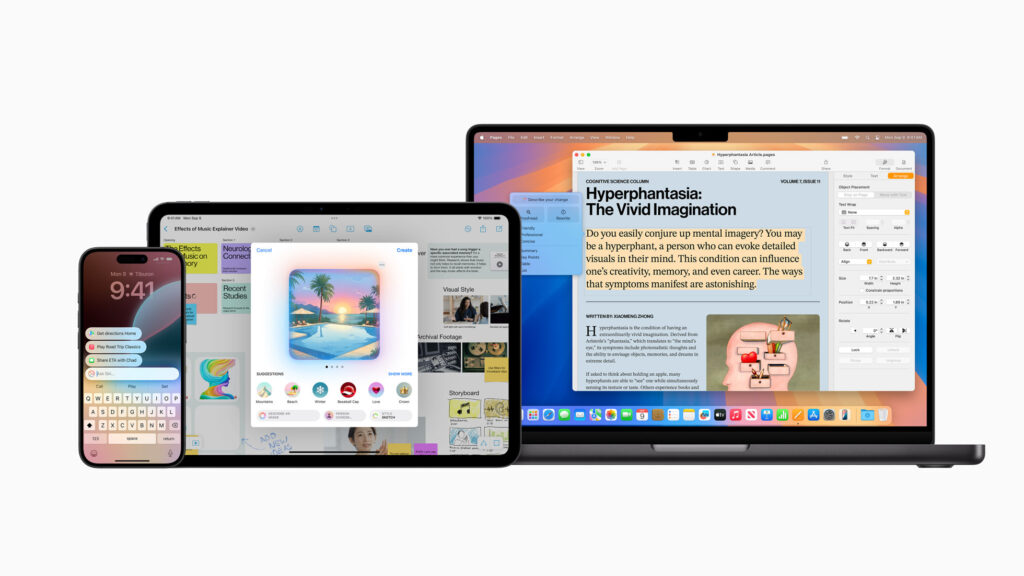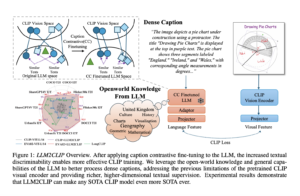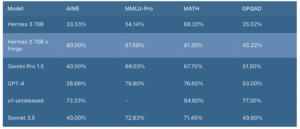Has Huawei outsmarted Apple in the AI race?

What was supposed to herald a new era of AI for Apple has instead left many underwhelmed when the tech giant unveiled the iPhone 16 series, its first AI-powered smartphone line-up, which happens to be still in beta testing and expected to take months, if not years, to fully roll out globally. To make matters worse for the Cupertino, California-based smartphone maker, Chinese tech giant Huawei launched its new Mate XT smartphone just hours after the former’s event, boasting far more impressive AI features powered by Huawei’s in-house Kylin chips.
Huawei’s move showcases its ability to innovate despite facing US sanctions, but it also spells uncertainty for Apple’s market share in Mainland China, one of its most crucial markets. Let’s explore why.
Apple and its AI gambit: Worth the hype?
The delay in rolling out AI features has led many industry analysts to question whether Apple’s AI push is ready for prime time. “With lots of words like ‘later this year’ and ‘early next year’, the core Apple message for iPhone 16 was: Next year will be better,” Reuters quoted Needham analyst Laura Martin.
Apple’s suite of tools, collectively known as Apple Intelligence, has been in development for some time. The company has touted the technology since its developer’s conference in June. However, the software won’t be included in the initial versions of the new iPhones, and many key features won’t arrive until next year.
For now, the technology primarily focuses on summarising messages and notifications rather than matching the more advanced capabilities of rival systems.
Delayed AI features in iPhone 16 dampen enthusiasm–especially in China
In China, the excitement of the launch of the iPhone 16 series on Monday quickly turned to disappointment for many local Apple users when they learned that the AI features would not be immediately available in their language until next year.
At the same time, Huawei’s AI assistant, with text summary, translation, and editing functions, and AI-boosted image editing functions, such as trimming unwanted parts of photos, will be readily available once Mate XT goes on sale later this month. This delay has prompted scepticism about the value proposition of the new iPhones in China, especially given the fierce competition from local rivals like Huawei.
“The absence of AI in China is akin to cutting one of Apple’s arms,” one commentator remarked on Weibo, China’s popular microblogging platform. Another user pointedly asked, “With the biggest selling point unavailable, shouldn’t you charge us half the price?” These sentiments reflect a growing frustration among Chinese consumers who feel they are not getting the total value of Apple’s latest innovations, according to South China Morning Post.
In contrast, Huawei’s new Mate XT, which users can fold three ways like an accordion screen door, has already received more than four million pre-orders, for which no deposit is required, according to the company’s website. According to research firm IDC, the global market for foldable phones was around 4 million units in the second quarter.
“Today, we bring you a product everyone can think of but could not make. Our team has been working hard for five years and has never given up,” Huawei executive director Richard Yu said at the launch.
On the other hand, Apple has yet to announce an AI partner in China to power Apple Intelligence. This is because the uncertain regulatory landscape in mainland China adds to the complexity of the situation. The country’s Ministry of Industry and Information Technology has approved 188 large language models for public use, none of which are from foreign companies.
This raises questions about whether Apple’s AI features will be available in mainland China even when rolled out in other Chinese-speaking regions. Apple has stated on its website that the launch date of its AI feature in China will depend on the decision of Chinese regulators.
But Apple has to catch up, and it has to be fast. Apple sales have been dwindling, and the company’s ranking in the world’s second-largest economy has dropped from third to sixth place. This is even though Apple has long experienced robust demand in China, where new iPhone debuts have historically caused a frenzy.
The industry took a surprising turn when Shenzhen-based Huawei returned to the high-end smartphone sector last year with the debut of a device powered by a domestically manufactured chip. This defied US sanctions that had cut off access to the global chipset supply chain.
The Mate 60 Pro’s debut startled analysts and US officials. In addition, Huawei started offering two-way foldable phones in its inventory, and strong sales in China helped it beat Samsung Electronics as the world’s largest vendor of such phones earlier this year.
The delay with Apple Intelligence in China will give competitors like Huawei a window of opportunity to capture market share and establish themselves as leaders in AI-powered smartphones within their home turf. This could make it more challenging for Apple to regain ground once its AI features finally arrive in the country.
Ultimately, Apple’s AI ambitions in China represent a high-stakes gamble for the tech giant. While the company’s brand still holds significant appeal, the delayed rollout of AI features and intense competition from resurgent local players like Huawei pose serious challenges.
As the smartphone market in China continues to evolve, Apple’s ability to adapt its AI strategy to local conditions may determine its future success in this critical market.
(Photo by James Lee)
See also: Could an Apple-Meta partnership redefine the AI landscape?
Want to learn more about AI and big data from industry leaders? Check out AI & Big Data Expo taking place in Amsterdam, California, and London. The comprehensive event is co-located with other leading events including Intelligent Automation Conference, BlockX, Digital Transformation Week, and Cyber Security & Cloud Expo.
Explore other upcoming enterprise technology events and webinars powered by TechForge here.













